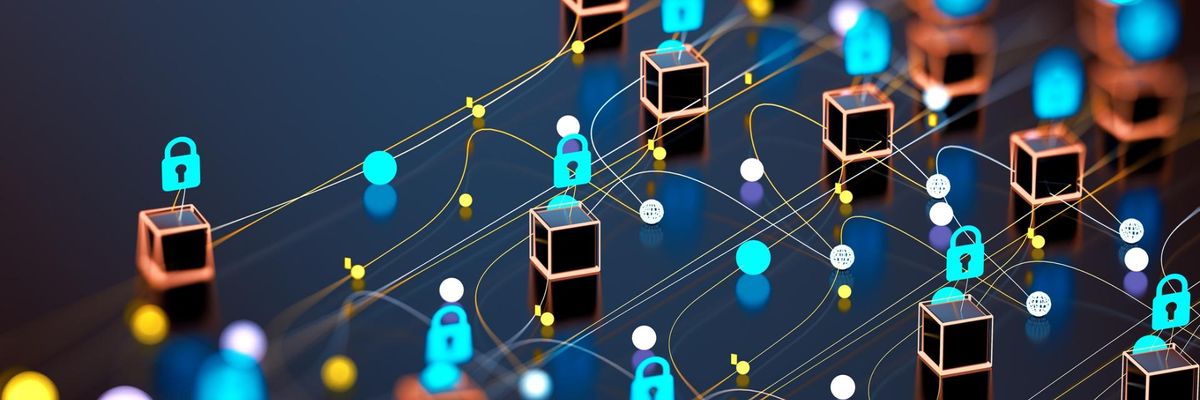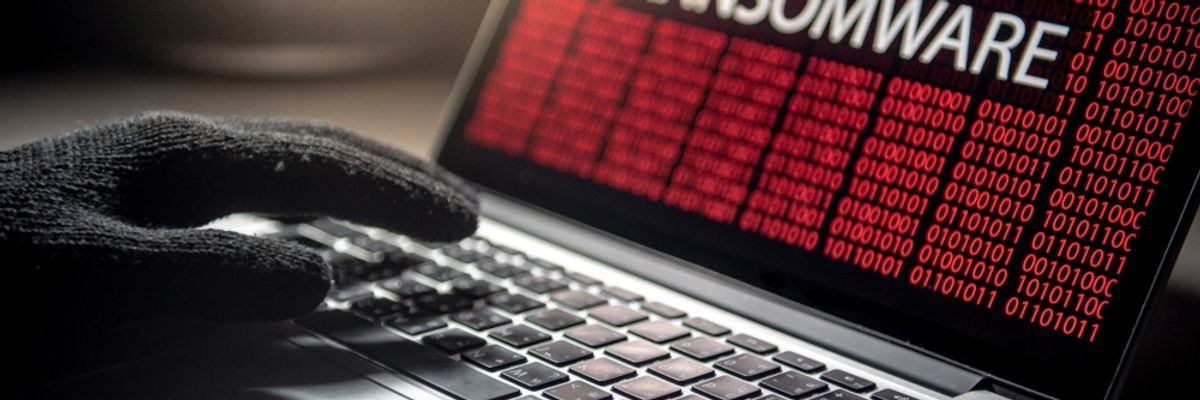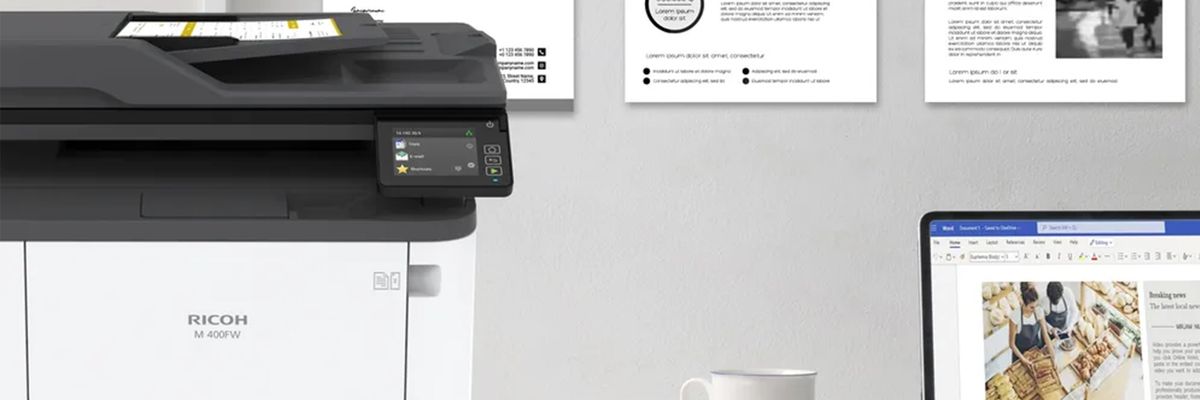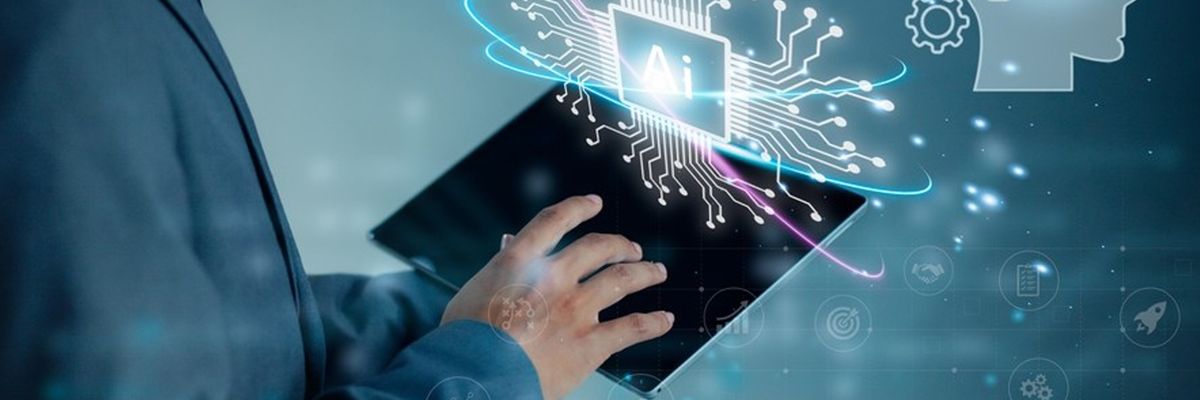
Proactive cybersecurity is the future of IT
why is proactive cybersecurity the future of IT?
The ability of cybercriminals to find and exploit security breaches, evade detection and hide malicious activity has become increasingly sophisticated. Companies need to adopt an approach to defend against new security threats. Ricoh, a global technology company specializing in office printing equipment, production printing solutions, document management systems and IT services, advises IT managers to adopt a proactive approach to security, including advanced threat detection intelligence tools and careful training for both IT staff and employees from all areas of the organization, thus avoiding serious problems in the future.
A recent survey1 of IT decision makers from different industries indicated that 90% felt "concerned" about future attacks on their systems, but only 15% felt "prepared" to deal with any attack. The survey also highlighted that 81% have a traditional firewall in place, while 66% use an antivirus and 60% use IDS/IPS technologies.
Securing enterprise networks
Ricoh points out that for the new generation of threats, companies should consider including Next Generation Firewalls (NGFW). These firewalls have a number of advanced features that can help protect companies from new threats by helping to block suspicious pages.
Next-Generation Firewalls help IT identify if access data to an intranet site is not working, if new administrator profiles have been created, if a network is slowing down, or if an unauthorized file transfer protocol (FTP) is running.
By identifying and investigating these and other incidents, IT can help identify security breaches and implement its incident response plan to avoid putting company data at risk.
Employee training: the best defense
While the IT department plays an extremely important role in the security of the company, employees should also help protect the security of their organization's confidential documents and valuable information. That's why companies should include employee training to identify malware on systems.
Ricoh recommends notifying the IT department immediately if they experience the following symptoms on their work devices:
Installed antivirus updates: Hackers use fake update messages to breach systems and steal valuable information. Before updating, it is necessary to consult with the IT team to find out if it is a malware message.
Pop-ups constantly appear when browsing the Internet: As with phishing, pop-ups often appear to be from legitimate sites - and, in fact, many legitimate sites actually make use of pop-ups. However, some fake sites make use of simulated pop-ups to infect devices with malware.
Fake results during web searches: Often various fraudulent online sites pay to have their site included in every search regardless of the information being sought, if this type of behavior is noticed in the search engine, it is a sign that the device is riddled with malware.
Unexpected change in system performance









